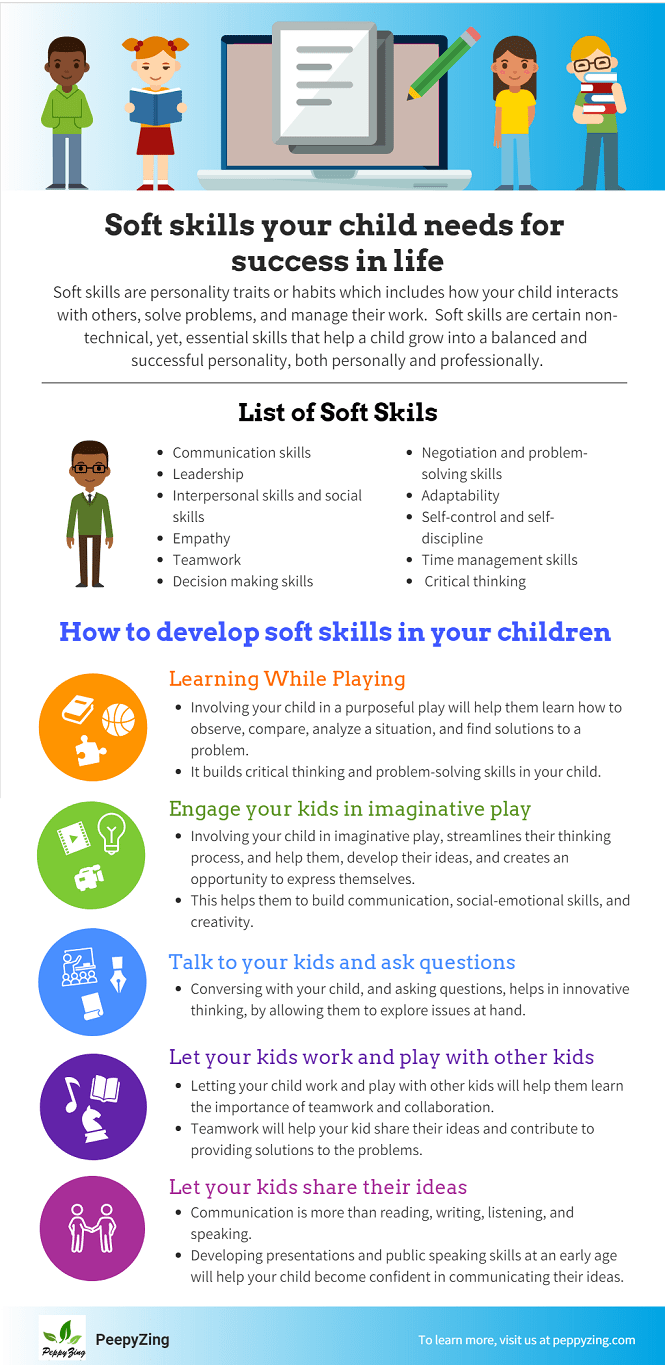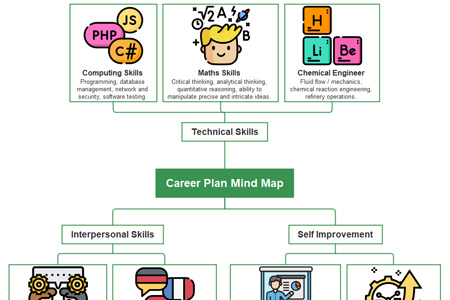
A Curriculum vitae is a document which describes a person’s career. This document contains information about education and work experience. You can present it in many formats, but you should use clear and legible fonts. It should also suit the industry. For example, in the creative or formal industry, a traditional serif font will work well. A sans serif font is a better option if your preference is for a more modern look. Font size is a key factor. It should be between 10.5-12 points. A larger font size can make the document stand out.
A curriculum vitae is a document that provides an overview of the entire career of a person.
A Curriculum Vitae is a document that gives an overview of the professional life of a person, including their education, work experience and qualifications. It is also referred to as a resume and is a common form for applications for academic positions, fellowships, advanced research, and internships. You can modify the document according to your position and the contributions you have made.
A curriculum Vitae is an outline of the person's professional, educational and extracurricular activities. You can have several pages or a few pages. It can also cover many decades of work experience. It's similar to a resume except that it contains more detailed information.
Experience is the most important thing in life.
When writing a CV, the first two sections should be your education and work experience. Many job seekers are confused as to which section should be included first. The order in which you place your resume depends on the amount of work experience that you have, and how relevant your education has been to the job. Education should be first if you have only one or 2 relevant jobs.

A resume should be very specific and highlight your skills and achievements. Include the titles and dates of any previous positions you have held. In addition, listing your responsibilities and duties will help employers see that you are familiar with the position and the company.
Education comes first
People often ask when writing a resume if they should list their work experience or education. It depends on what purpose the resume is intended to serve and the nature of your resume. For example, if you're a recent graduate, education may be more relevant than experience. Even if you only have part-time employment, it may not be as relevant to your job search. Education is the most important thing in these cases.
When creating a CV, you should emphasize your university education. This gives employers a better understanding of your abilities and knowledge. Not only can you mention your university education but you can also list any relevant courses you took while in school. You can also highlight your secondary education, including your range of grades and the number of qualifications you obtained.
Sans serif fonts express creativity
A sans serif font is a great choice if you are looking for a font to express creativity. Sans serifs tend to be more modern and soft, making your resume stand out more without looking too different. These fonts have a lot of appeal in graphic design. However, they are not appropriate for resumes. It's also worth noting that they only come preloaded on Macs. Arial is also an option. It's the default font for most computers. Another alternative is Roboto, which is a more simple yet similar sans serif font.
When choosing a font, consider its readability, design, and spacing. Serif fonts are more professional but not always the most readable. Unreadable fonts will make it look amateurish if you are trying to establish a professional relationship with a recruiter. Also, consider that many companies use an applicant tracking system, which is not always user friendly. You should choose a sans serif font if your goal is to impress ATS. This font is widely used in modern design. It is also more suitable for creative or marketing positions.

Hobby and interest addition
It is possible to ask if it is a good idea to add a section to your CV that lists your interests and hobbies. While the answer is yes, it's important to keep them focused and relevant to your job. It is a good rule of thumb to limit your activities to five or six. You will lose the interest of hiring managers if you list too many.
Your hobbies and interests will help to strengthen your application and give you a better idea of what the ideal candidate is for the job. They may also have transferable skills that could be useful for the job. For example, if you're an actress, you can use your acting skills for the sales department. If you're a metal detectorist, your motivational skills can be showcased.